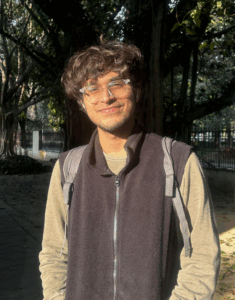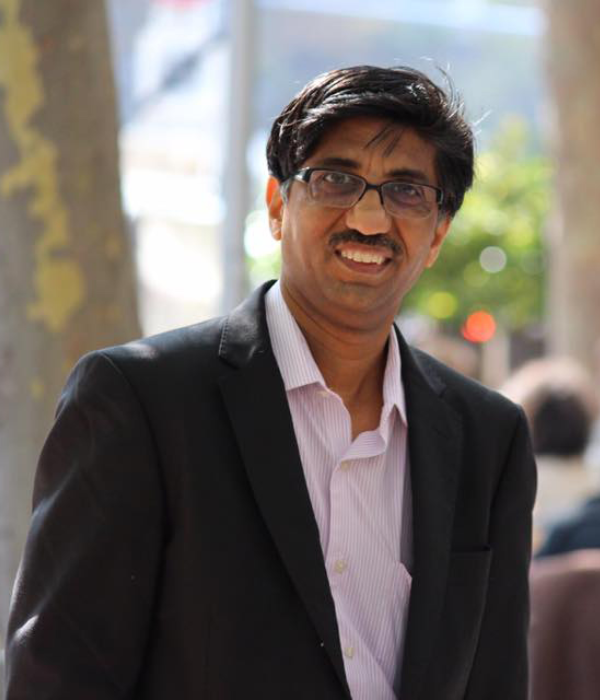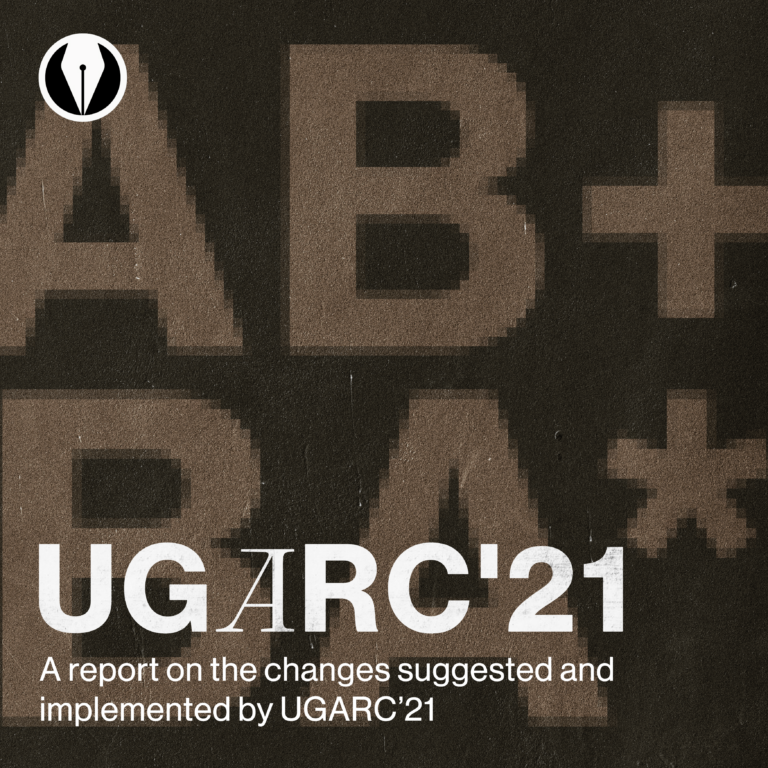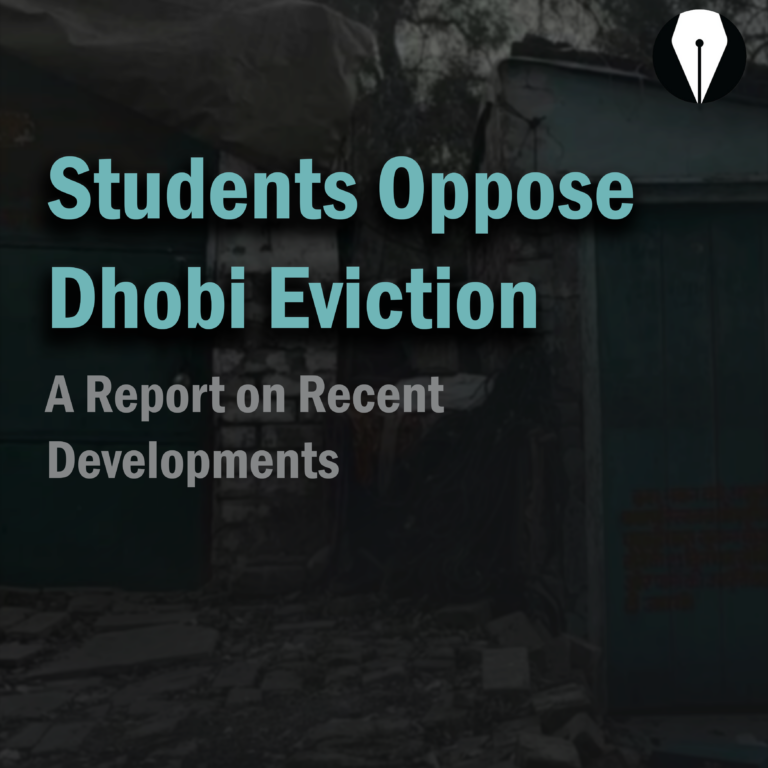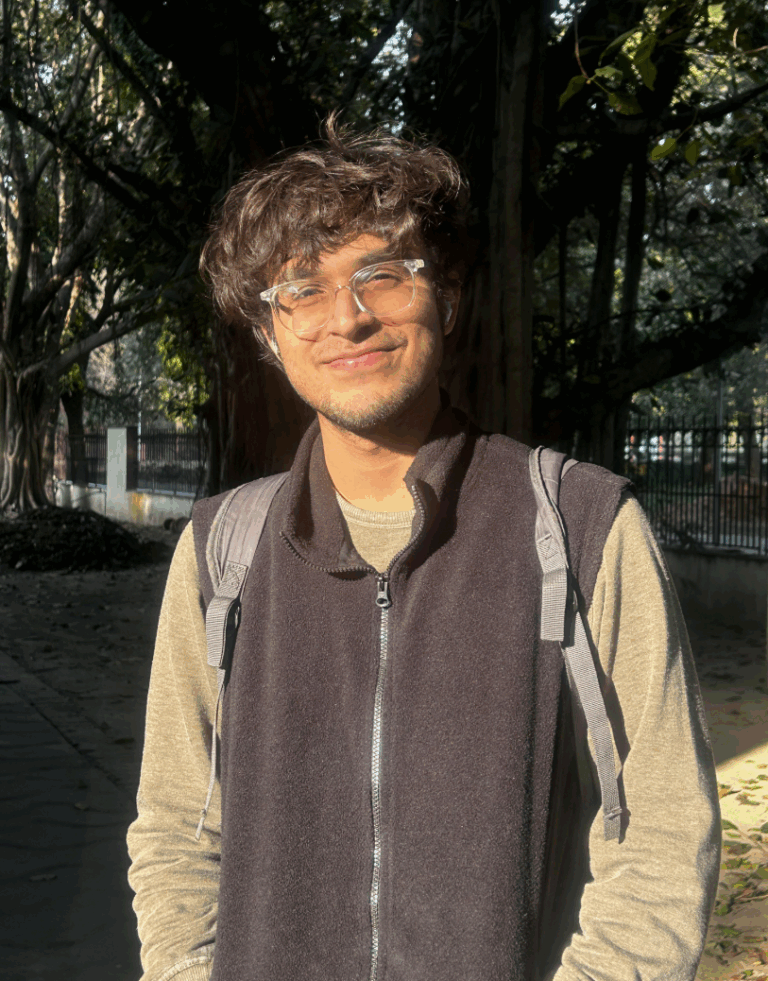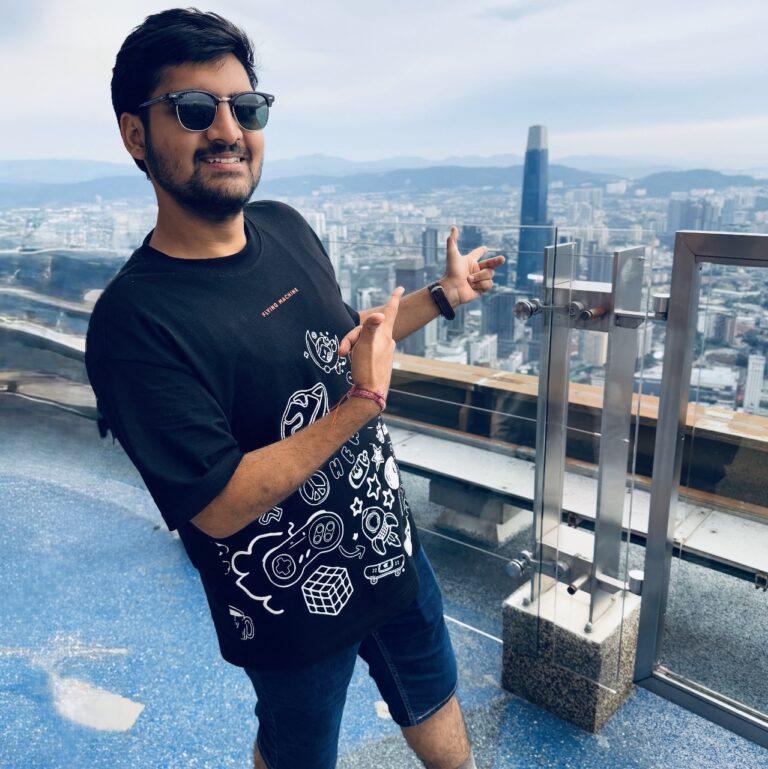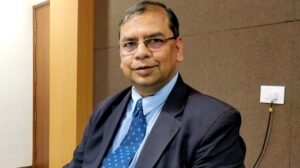This interview was originally published by PhDs Of India on 1st September 2021.
PhDs of India is a group of scholars who are running an initiative to bring out the stories of research scholars at various Indian institutes who work behind the scenes and contribute steadily to the progress of science, culture and finance.
Do make sure to follow their work at: https://phdsofindia.in/
What was your motivation to pursue engineering and then follow it with a PhD?
I was born and brought up in a family of engineers. That and my love for Mathematics initially influenced me to pursue a BE in Electrical Engineering. During my undergraduate studies, I developed an interest in Communications and felt the need to delve more into the topic. So, instead of following the conventional route of taking up a job after engineering, I opted for an MTech at IIT Kanpur. I met some of the best scholars in my field at IITK who transformed my perspective towards research. Therefore, in the hope of doing fundamental communication research, I joined ISRO after my MTech. But I quit after a year and enrolled myself in the PhD program at IIT Kanpur. My experiences there during my MTech had convinced me that I wouldn’t find a better research environment anywhere else to pursue a PhD.
How was your PhD journey?
My five years as a PhD student at IIT Kanpur were some of the best years of my life. I got the opportunity to interact and learn not just from renowned scholars but also from outstanding peers. The frequent interactions with my supervisor, Professor P.R.K. Rao enriched my day. In addition to profound scientific advice, he also inspired me to learn things outside my research area. Although my journey was relatively smooth, doing a PhD in the pre-internet era posed some significant challenges for all of us.
How was your experience publishing papers at that time?
Publishing papers in high-impact international journals was difficult. Telephones and letters were the only modes of communication. In addition, there was an obvious bias at the time as India wasn’t recognized at the international level for cutting-edge research. Fortunately, things have changed for the better in the last fifteen years. The IITs and other institutes have now started emphasizing research and technology development while increasing the intake of post-graduate and PhD students. We now have an ecosystem where students can nurture their scientific acumen and produce good quality work, capable of competing at the global level.
How do you balance your research and administrative work?
I spent the initial days at IIT Bombay delivering good quality content and making an impact in my courses. I guess that motivated some exceptional students to join my group. I worked closely with them in the laboratories and in classes to implement my research ideas. Sadly, the interactions got affected over the years, as I started to dabble with administrative roles. I became a part of government committees and regulatory bodies and actively took part in policy-making. I believe it is essential for researchers to be a part of policymaking in line with the current technological trends to create possible roadmaps for future research. They might find them uninteresting due to a lack of deep technical content. However, it is imperative for the country’s development because their participation can make a huge difference. Now, as a Director of IIT Kanpur, I can only dedicate weekends to my students. I have been fortunate to have students who took the initiative and didn’t require much assistance. All they usually needed was a slight nudge and encouragement. My students are one of the reasons why I have been able to balance my research, academic and administrative responsibilities. However, the ongoing pandemic has brought in considerable challenges to researchers, faculty and administrators alike.
What motivated you to work on the Frugal 5G challenge?
After my PhD, when I eventually joined IIT Bombay as a faculty member, I wanted to focus on developing technologies indigenously and making India technologically self-reliant. The motivation to do so traces back to my early research days, where I had observed that some of the challenges we faced were unique to our country. And when I was in the process of building my research group, I met some incredible academicians who shared my vision. Prof. Ashok Jhunjhunwala was one of them. His mission was to develop beneficial indigenous technologies and make them accessible to the country’s larger population. Similarly, in my entire research career spanning about thirty years, my focal point has been developing indigenous technology and making the country technologically superior. For the last twenty years, my research group has extensively focused on system building and making technological interventions like broadband and wireless systems accessible to a larger population. The concept of ‘Frugal 5G’, i.e., delivering affordable wireless broadband to rural areas, is one of the outcomes of our research endeavor.
How has the pandemic affected you as a Supervisor and a Director?
As an administrator, taking a call that would please everyone is generally a difficult task. The current crisis has made it even more challenging to make some tough decisions. We always carefully weigh the ‘pros and cons’ and keep the larger interest of the institute in mind. But still, it was a hard time when we had to send the students back to their homes considering their best interest. It is not always possible to make decisions we ‘like’ in an administrative position. Not everyone may like the decision and not every decision turns out to be correct, especially when a judgment call needs to be taken quickly, like during a pandemic. But we have to keep moving forward. A good administrator corrects their mistakes whenever the opportunity to do so presents itself.Like everyone else, research in my group has been affected too. Unlike those who work on theoretical problems, some of my students who work extensively on experimental testbeds for 5G needed access to hardware and a laboratory and were greatly impacted by the lockdown. Nonetheless, despite such technical difficulties, I am fortunate to say that all my students have received full financial assistance even after their stipulated five to six years.
How important do you think are academic and industrial collaborations?
I have always been a cheerleader of industry-academia collaborations and have collaborated with industries and government since the beginning. While the funding from government agencies has gone towards setting up the laboratories and other infrastructure, the industry projects are funding the manpower. Industrial collaborations can make researchers aware of real-life problems, thereby paving the path for translational research. A significant amount of understanding is required for realizing prototypes and developing user-friendly products and although in our country, some industries do not have an in-house R&D ecosystem and are looking at basic engineering solutions, the scenario is changing in many places. Such facilities are gradually being set up and I think it is an equal responsibility of academicians to collaborate with these industries and improve their research.
What is your opinion about the current entrepreneurial ecosystem in India?
We have been working in the direction of making our country self-reliant and globally competitive by developing cutting-edge state-of-the-art technology. The IITs and IISc were originally set up to be the hubs for technological and entrepreneurial advancements. While the initial 30-35 years of the IITs were mostly spent on teaching and mentoring engineers, the focus has shifted to research and entrepreneurial pursuits in the last 15-20 years. PhD students are now highly encouraged to work on translational research and allow their ideas to become prototypes, products, and finally go commercial. It has even inspired NITs and other colleges to take this route and build such ecosystems for research and entrepreneurship. With a population of 1.3 billion, there is no dearth of talent in our country. In fact, it can be seen as the engine that drives the country to develop an entrepreneurial ecosystem rooted in high-end technology and become self-reliant in the true sense.
Do you think India should have its own research journals?
Initially, when the Telecom Standards Development Society, India (TSDSI) was formed along with Prof. Bhaskar Ramamurthi, Prof. Ashok Jhunjhunwala, and several other colleagues, we asked ourselves, “should we be adopting India-specific standards to further our work?”. I think if we do so, we aren’t taking advantage of economies of scale operating globally. Our objective should be to develop intellectual property, patents, and influence global standards, ensuring impact at both national and global levels.Though I strongly believe in making India self-sufficient in technological advancements, I don’t however think we are at a similar level to start our own journals addressing these indigenous research work. The readership is an essential factor; without an active engagement, we cannot sustain write-only journals. We need more researchers and more academics and strive to improve the quantity and quality of research so that a wide range of people can read and understand the work done here.
How important is it to publicize your research on social media?
At this moment, social media and science communication play a prominent role in engaging the general public in research. In my opinion, it is not just enough to do high quality research but also to communicate it to the public. People, in general, might not understand everything you do, but conveying your research on social media serves to get feedback from the layman. Sometimes such feedback triggers ideas on how to improve your research or direct it to help society in a better way. Science communication also prevents research from being confined to a small community.
What makes one a good PhD student and a good supervisor?
As PhD students, you should keep in mind that you aren’t in an endgame and shouldn’t get disheartened if you don’t get favorable results or your papers are rejected. PhD is just the beginning and you have an entire life to develop your skills and make progress. The guidance from a supervisor plays a vital role in these scenarios. The supervisors should help and encourage students to do high end research that gets global recognition and ensure more of their research gets published in international journals. As a final piece of advice, I would like to point out that every individual has strengths and weaknesses; recognize those and harness your strengths instead of focusing on eliminating your weaknesses.
